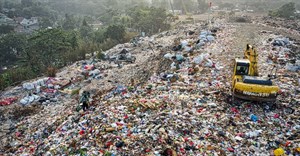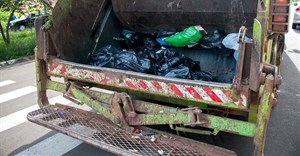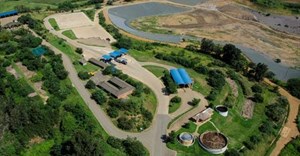
Cleaning up the act

Regulations around the disposal of building waste and rubble is critical to maintaining environmental balance, and a proper waste plan has to be submitted to Council along with plans. Anyone who undertakes any form of recycling, reuse or recovery, including scrap dealers and buy-back centres, now has to abide by both the City's by-law and the National Waste Act.
These and other implications of the by-law as a response to requirements stipulated in the National Waste Act where discussed at a seminar hosted by the Institute of Waste Management Southern Africa (IWMSA)'s Western Cape Branch and it's Waste Minimisation and Recycling Interest Group (WMRIG) recently.
"Cape Town is a forerunner in having developed a dedicated waste management by-law in response to the National Waste Act (NWA)," said Susanne Dittke of IWMSA Western Cape Branch, and special advisor on a number of committees dealing with waste minimisation. "Aside from introducing waste minimisation as an overarching outcome for traditional line functions such as municipal collection, cleaning and disposal, the NWA also requires all private sector entities engaged in recovery and recycling activities to subscribe to minimum standard requirements in terms of their infrastructure, as well as waste storage. Accreditation is also required. Above all else, it's important to try to reduce waste at source, which is also an area the by-law covers. It provides for minimisation of waste by industry, commerce, government departments and major event organisers."
For further information regarding the licensing of Waste Management operations, please visit: http://www.capegateway.gov.za/eng/yourgovernment/gsc/406/services/27683/202219.

















